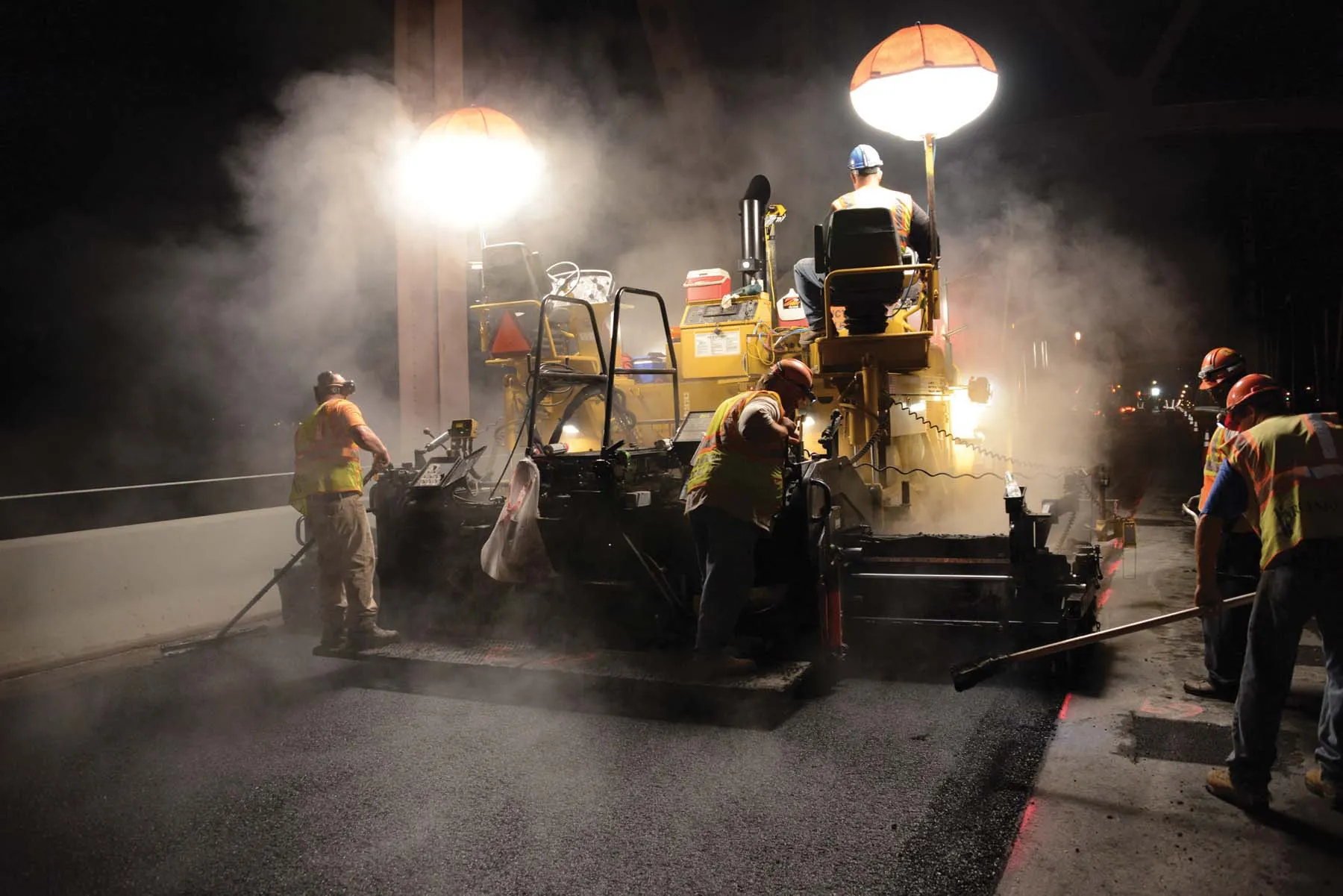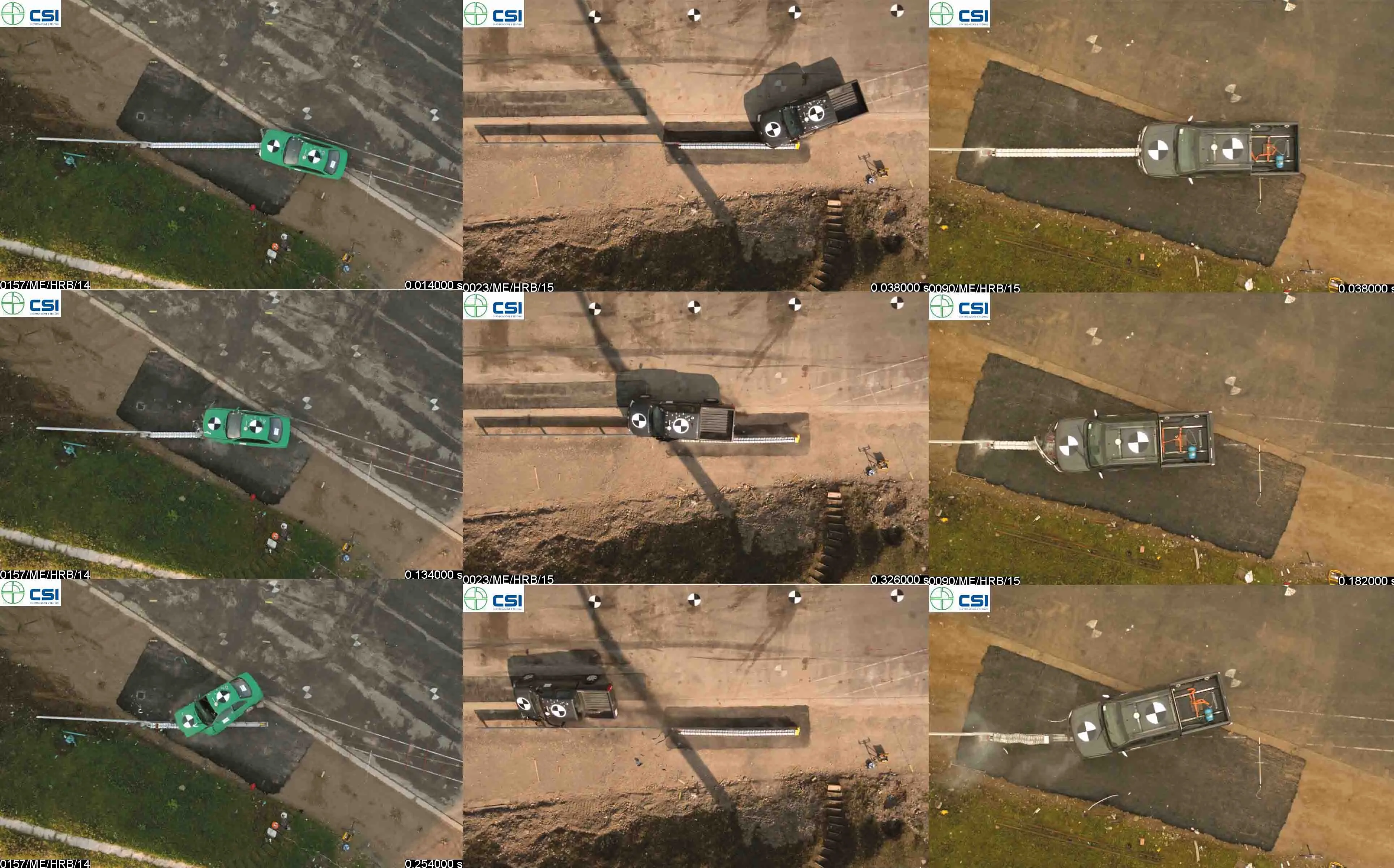An American man rammed his vehicle into a car being driven by a woman and later claimed he had done so under express instructions from God. The man crashed his pick-up truck into the woman's car while he was travelling at over 160km/h. His vehicle hit the rear of the car and both vehicles spun across a median then came to a stop along a barrier in the opposite lanes. Luckily the drivers suffered only minor injuries and police commented that this could have been a sign of divine intervention given the high s
February 24, 2012
Read time: 2 mins

An American man rammed his vehicle into a car being driven by a woman and later claimed he had done so under express instructions from God. The man crashed his pick-up truck into the woman's car while he was travelling at over 160km/h. His vehicle hit the rear of the car and both vehicles spun across a median then came to a stop along a barrier in the opposite lanes. Luckily the drivers suffered only minor injuries and police commented that this could have been a sign of divine intervention given the high speed of the truck. The police said that following the incident, the man had explained that God said the woman was not driving properly and needed to be taken off the road. The pickup driver did not tell police exactly how the woman was driving however. Tests showed that neither the man nor the woman had traces of alcohol or drugs in their systems and the man was later sent for psychiatric evaluation.








